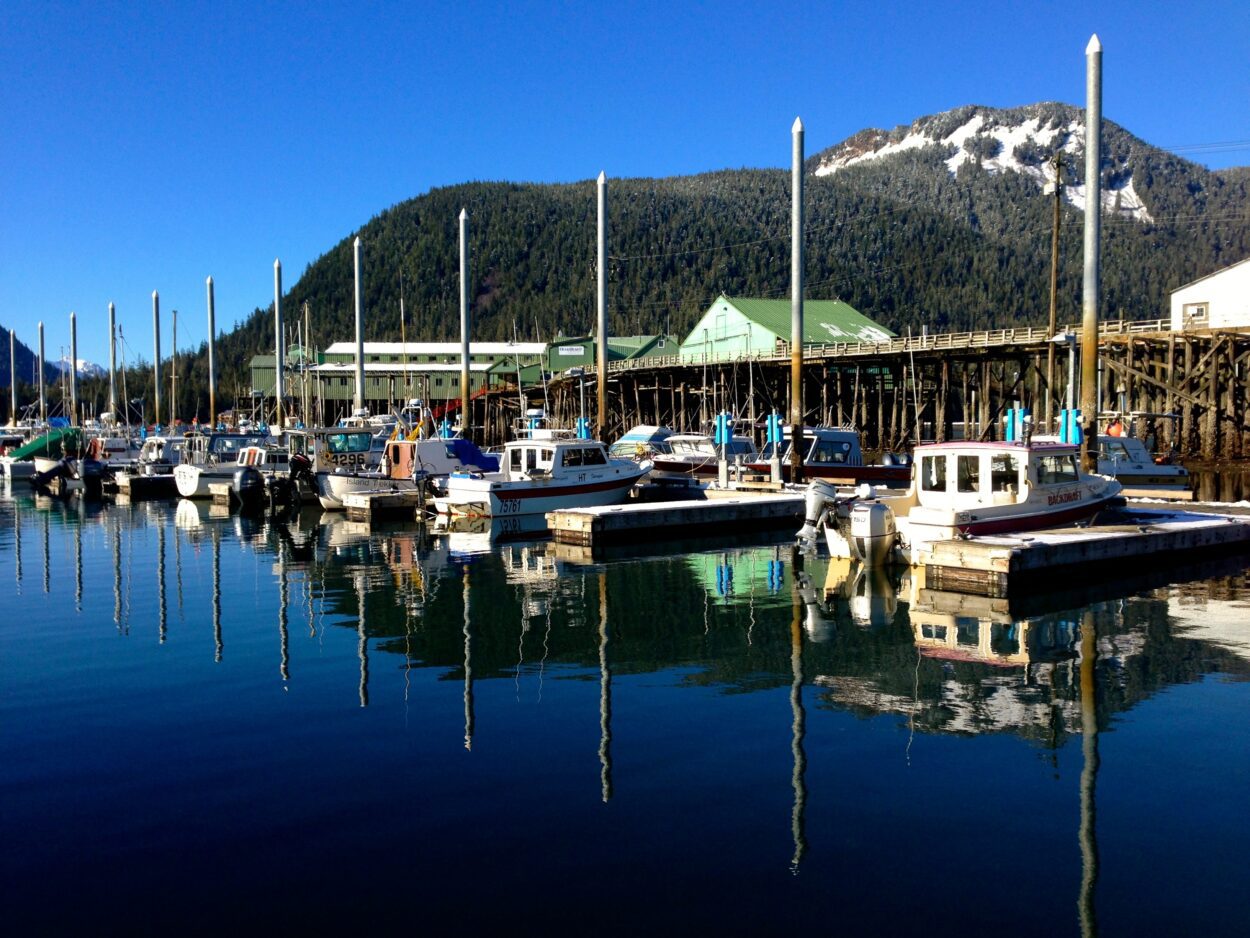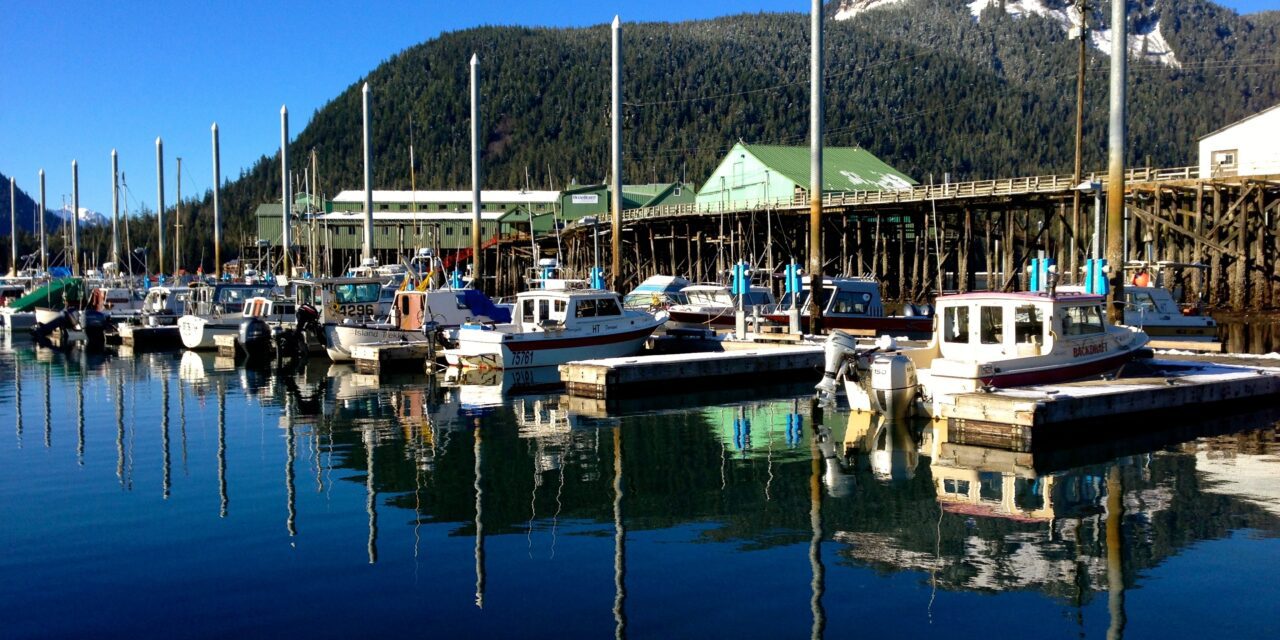
The Alaska Longline Fishermen’s Association announced on the morning of October 3rd that they were awarded $700,000 from the U.S. Department of Energy. The new funding is intended to steer the commercial fleet away from their old diesel engines.
The project is called the Alaska Longline Fishermen’s Association Boat Energy Transition Accelerator — or, ALFA BETA. It’s geared toward bringing hybrid and full electric engines to small boat fishing.
The project will build off of ALFA’s work with the National Renewable Energy Labs in 2021, which plans to a Sitka-based 36-foot commercial fishing boat named “I Gotta” with a new hybrid engine.
Linda Behnken is the executive director of the Alaska Longline Fishermen’s Association. She couldn’t be reached for comment, but in a written press release, Behnken said the new project will, QUOTE: “transition [the] fishing fleet toward clean energy, mitigate climate change, and ensure the long-term viability of Alaska’s small boat fisheries.”
According to the release, it’s not just the environment that will benefit from the switchover — it could be a win-win for longliners and locals, alike.
The cleaner, more efficient engines should reduce operational costs and accelerate fleet performance. ALFA-BETA says it would leverage the new funds to work with Alaska businesses and academic institutions to create new jobs and promote tech innovation in Alaska’s maritime sector.
Longlining is a quota-based season, so many longliners use the windows of time when they’re not longlining to work in other fisheries — like crabbing, gillnetting, and even sea cucumber diving — so if the longlining vessels get a green upgrade, it might also passively cover lots of other fisheries. However, upgrading and installing even one diesel motor could cost up to a quarter of a million dollars, depending on the boat.
Editor’s note: This story was changed to reflect that the vessel, “I Gotta” is 36 feet long and has not yet been retrofitted with a new hybrid engine.












